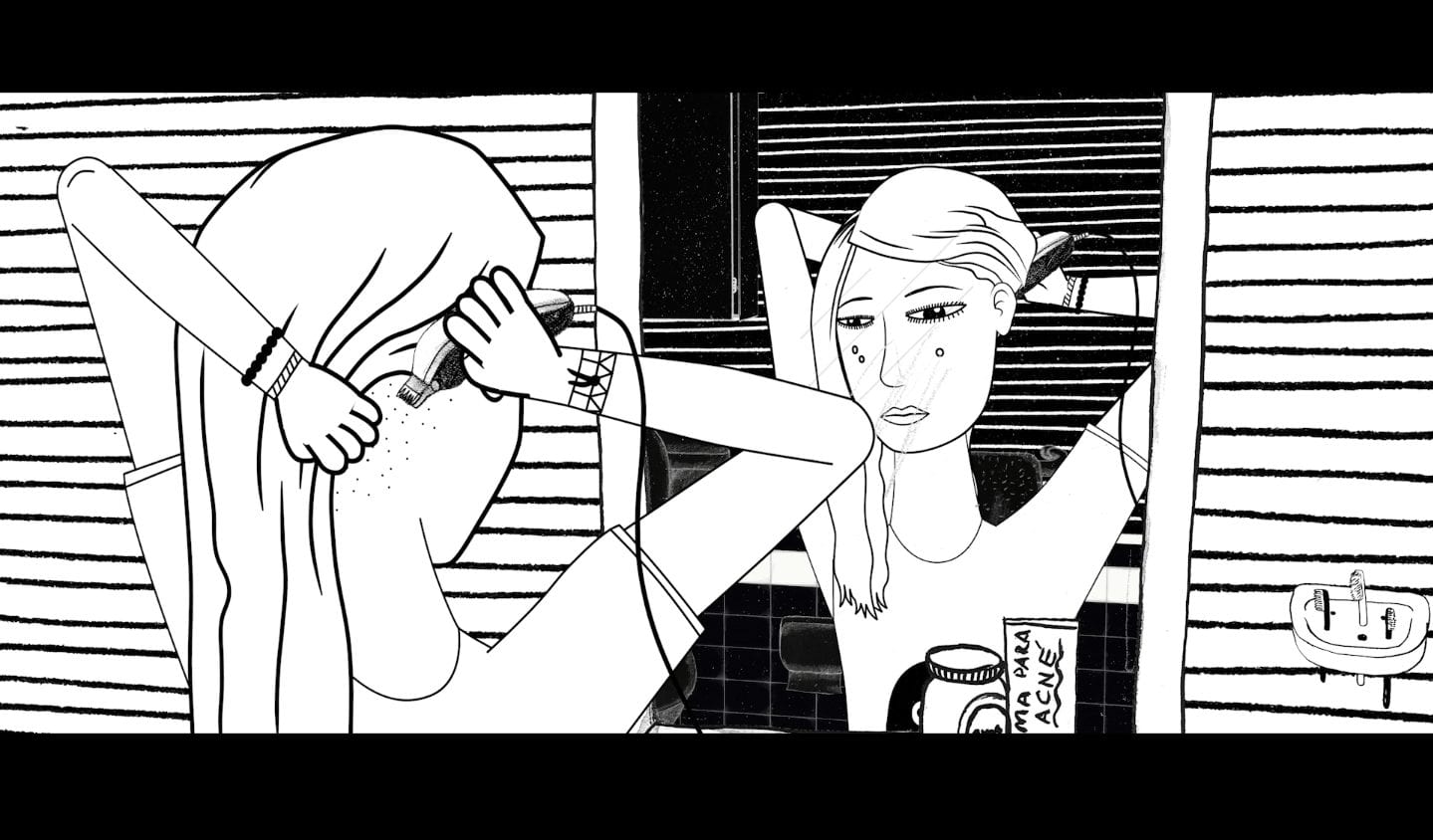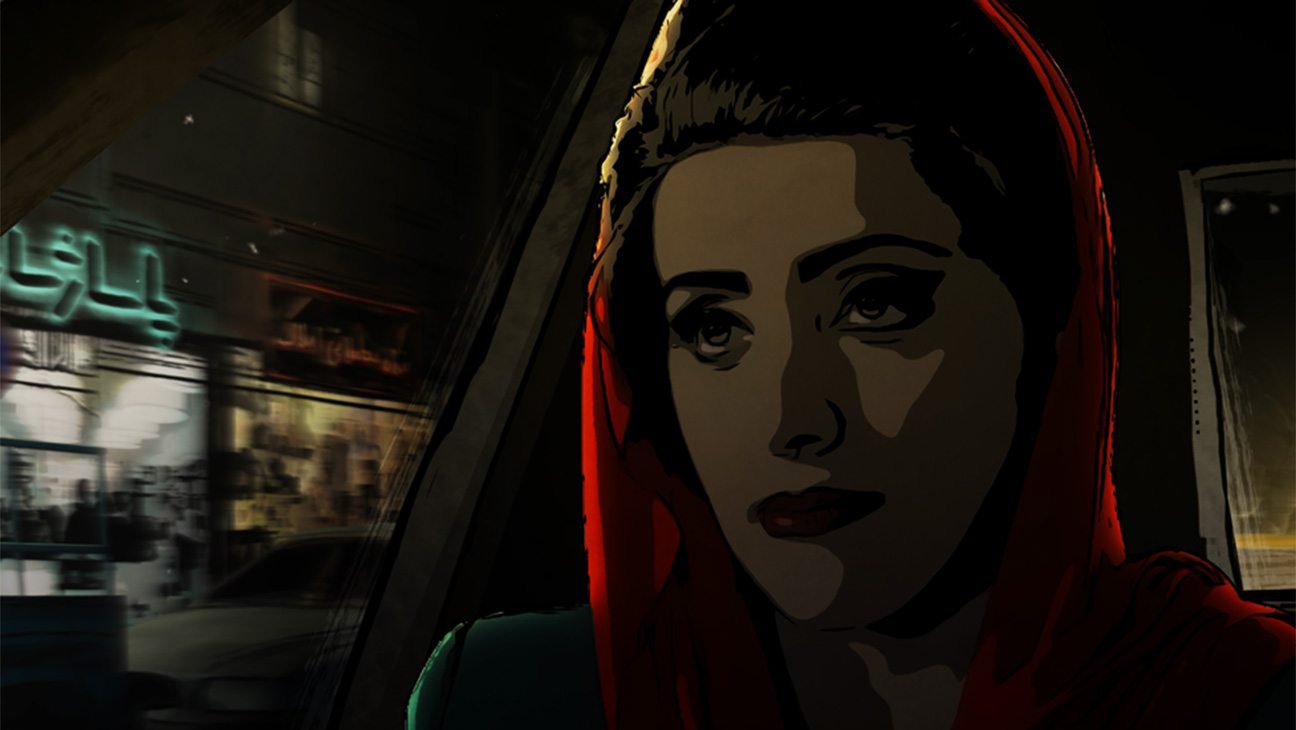
Animation is Film 17: Virus Tropical
Adapted from the graphic novel memoir by Colombian-Ecuadorian cartoonist Power Paola,?Virus Tropical follows the story of a young girl in Ecuador named Paola, as she grows and matures from infancy to striking out on her own as a young adult. Raised by a mostly single mother, Paola struggles through her relationships with family, friends and…

